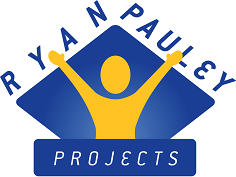Few technological innovations have created such a stir in educational and creative circles as the Artificial Intelligence chatbot Chat GPT. Its ability to generate content that can bypass the traditional plagiarism technologies has educational authorities worried. For the oral presentation, it can be argued the benefits outweigh the disadvantages. Here is the reasoning.
The oral is about much more than the content. It requires writing the presentation using spoken language appropriate to the speaker and the audience. It needs appropriate vocal and body language use to reinforce the message. And, it has to be practised so it can be delivered in a convincing manner. Chat GPT cannot do any of this.
What it can do is generate ideas and arrange the content based on instructions provided by you. For example, we asked it to:
‘Write a persuasive speech incorporating an attention-getting opening, an explanation of a problem, a real-world example and a proposed solution with a conclusion that has a link back to the opening and a call to action.’
It provided responses that matched this requirement. The first two were too bland to be useful, but the third generated response was quite acceptable. It would still require rewriting because:
- The content is quite generic and would need to be made more relevant with specific local references and updated information. (Chat GPT says it is unreliable for any information later than 2021.)
- The language would need to be made more conversational with some changed sentences and the addition of some speaking devices.
So, Chat GPT has really only acted as an idea generator. It has provided what could be considered to be a ‘rough draft’ but would still require rewriting.
This is why Chat GPT can be a valuable tool for oral presentations. It is really only replacing the research work the student would do. This could be a real advantage in directing students away from the overloaded ‘data dumps’ that many write and in freeing up more time for preparation of the non-verbal components.

Recent Comments